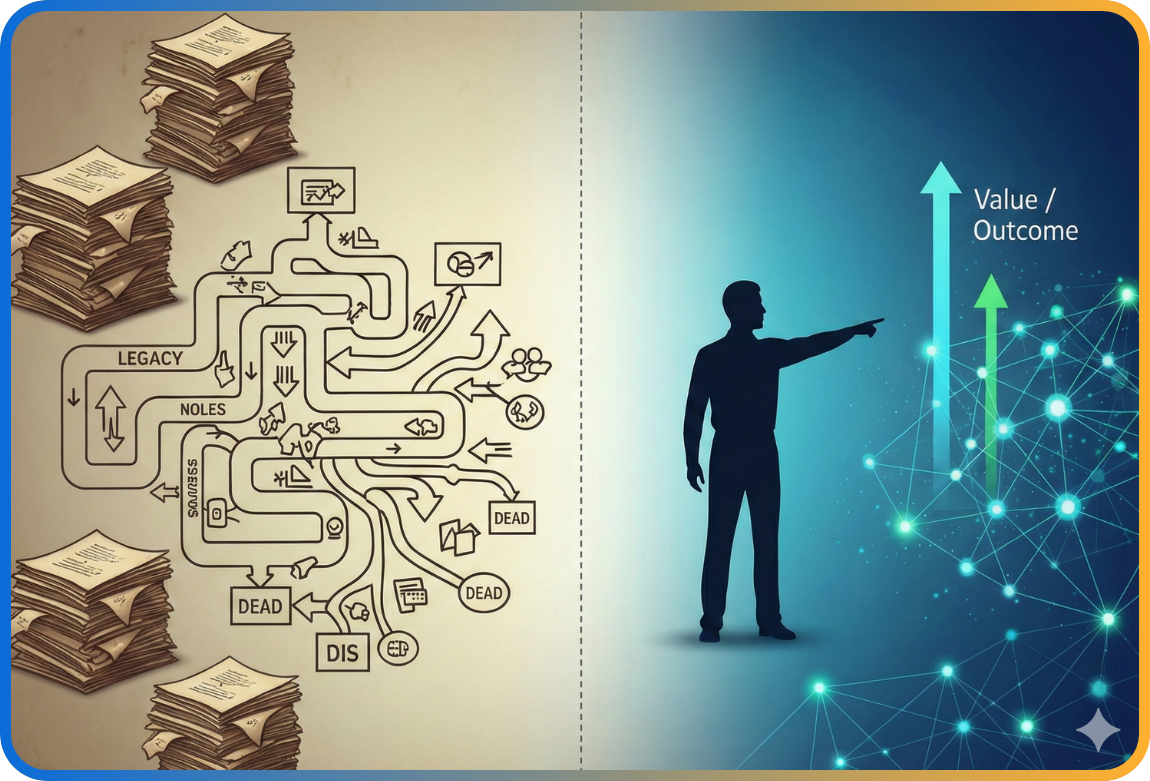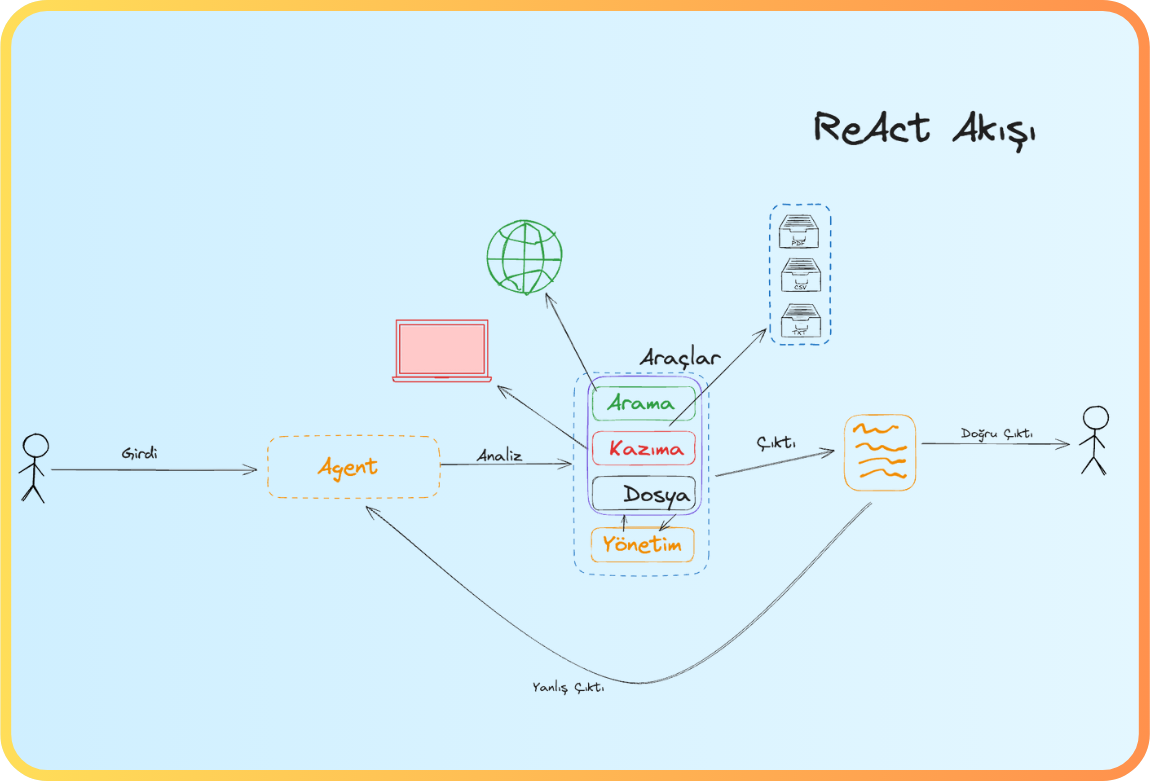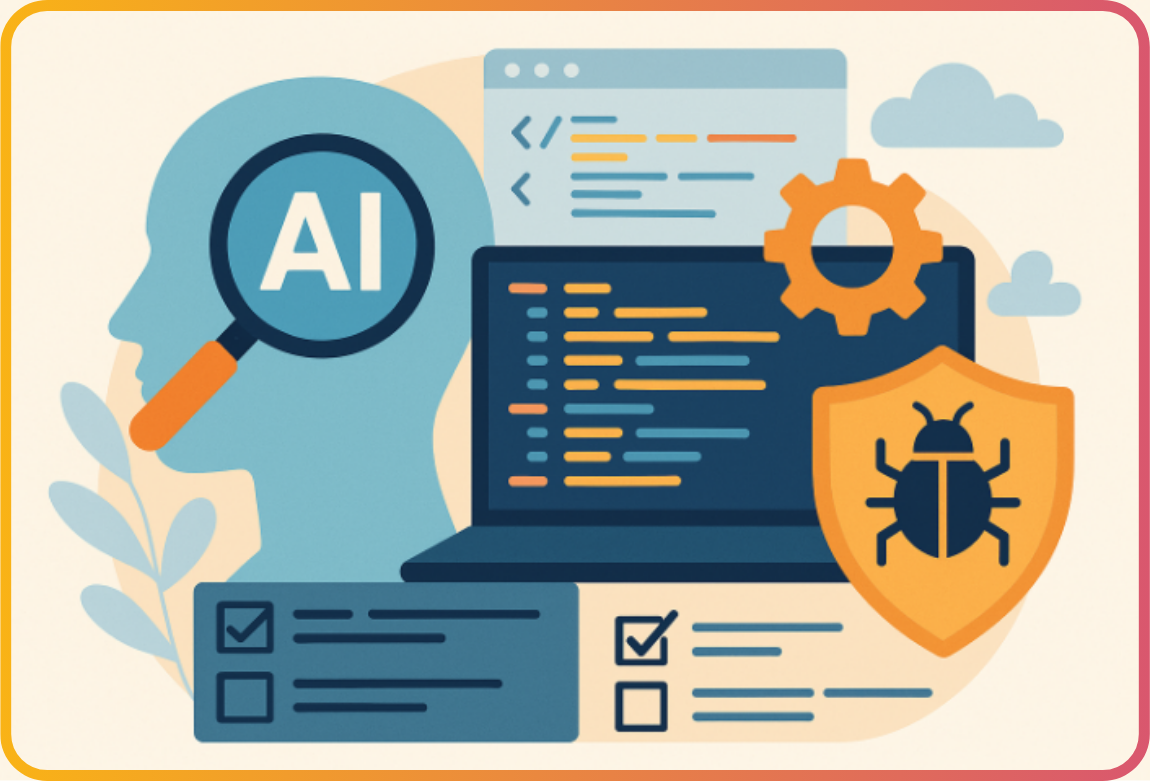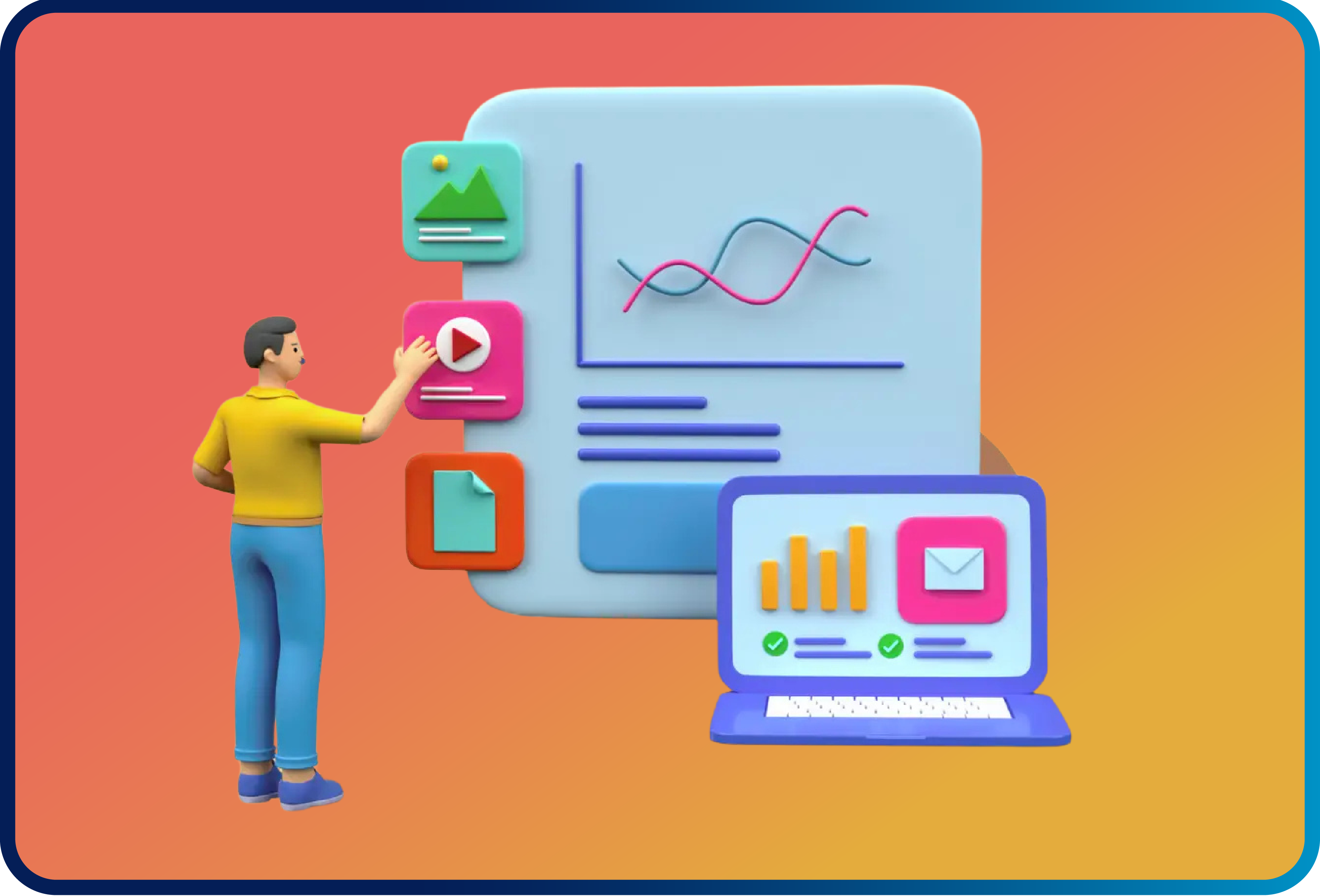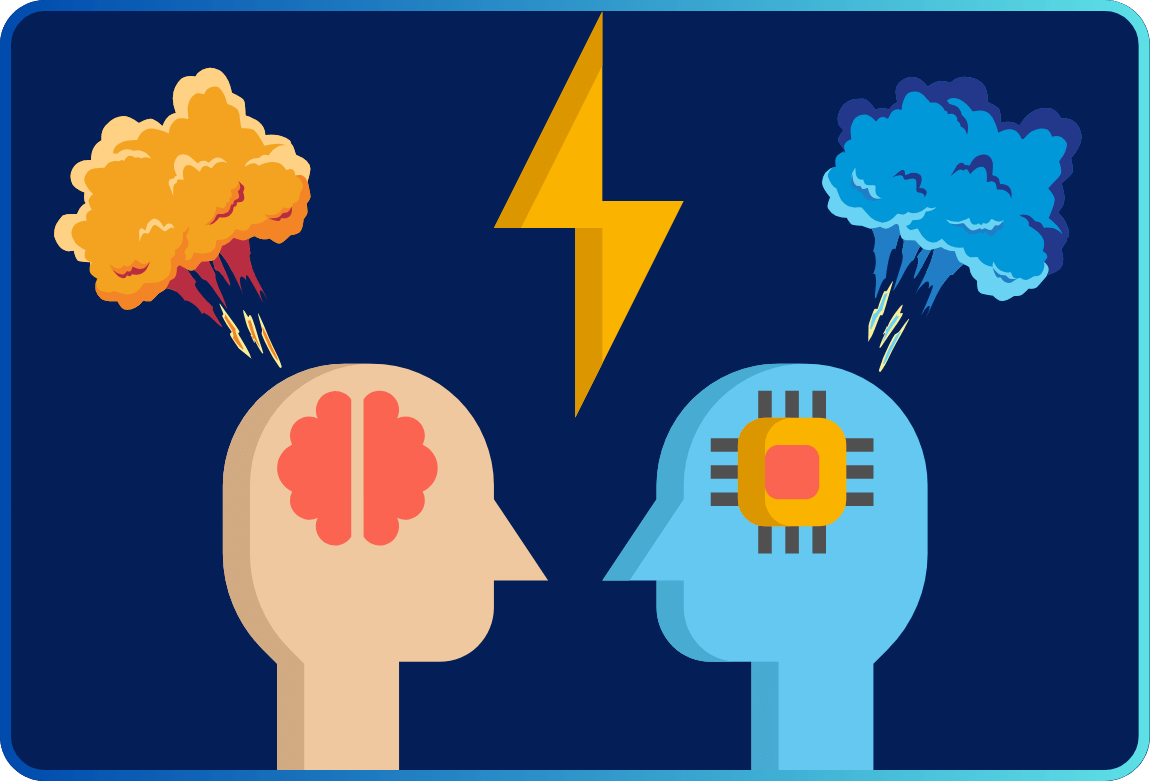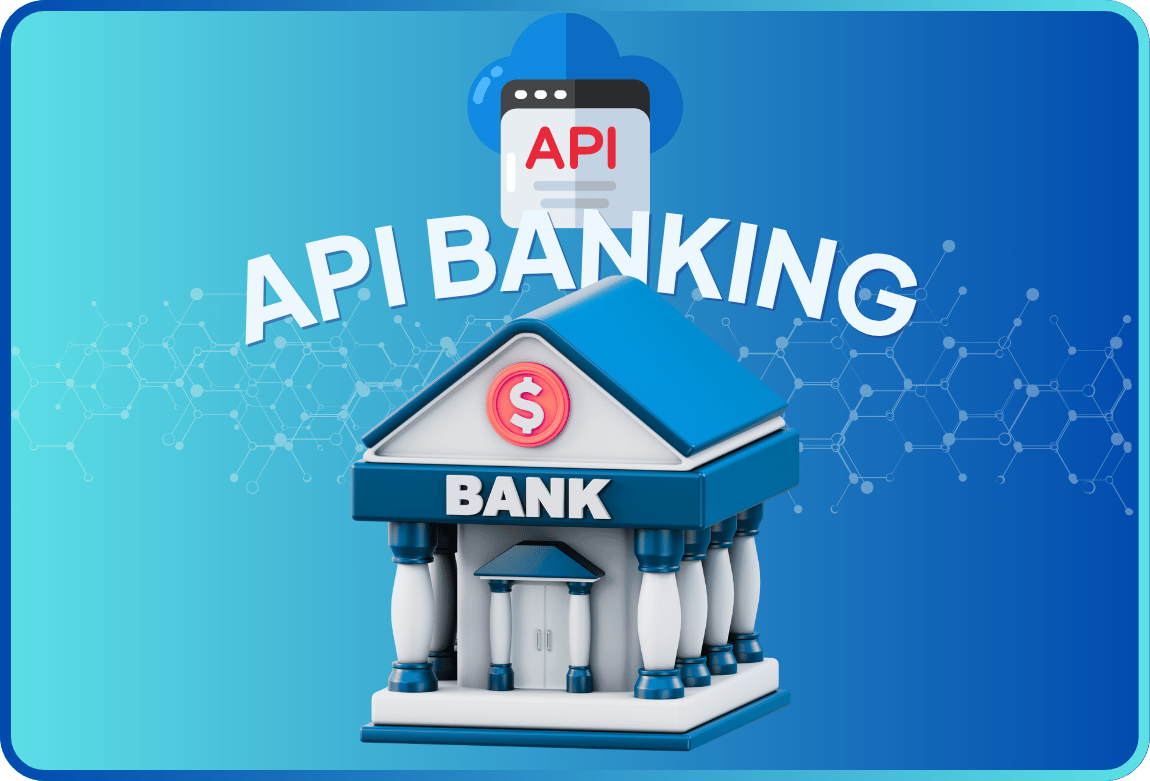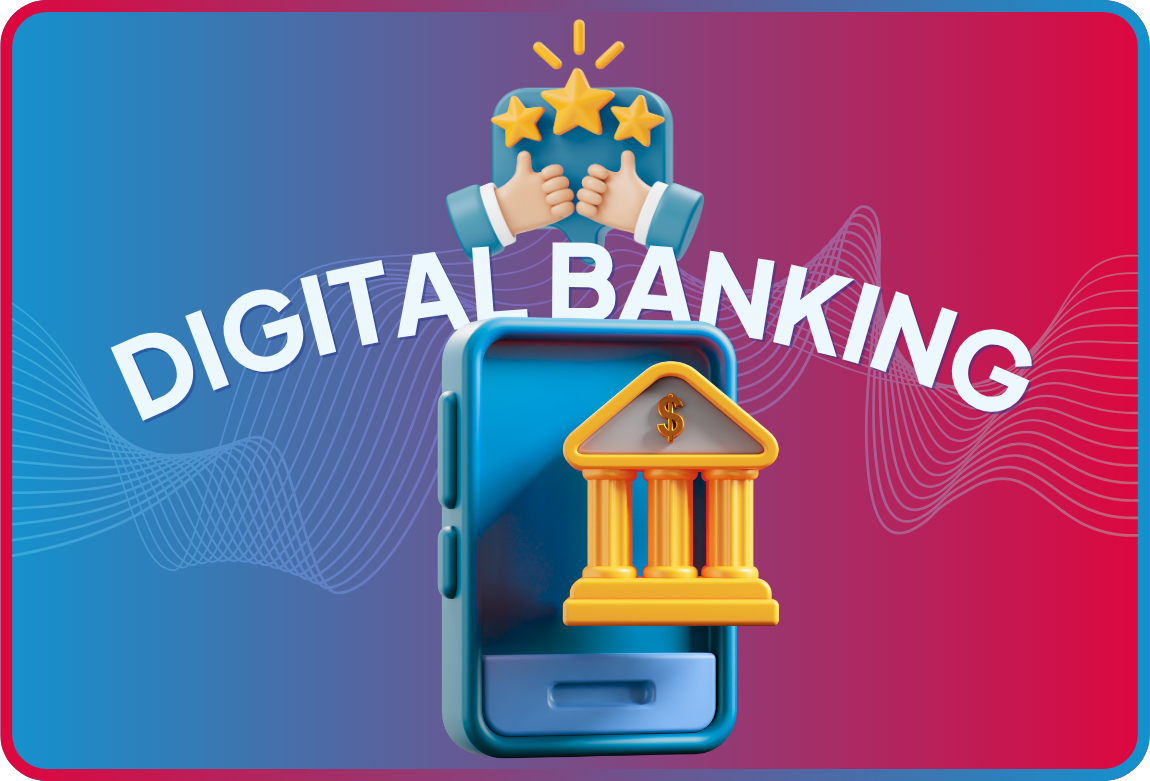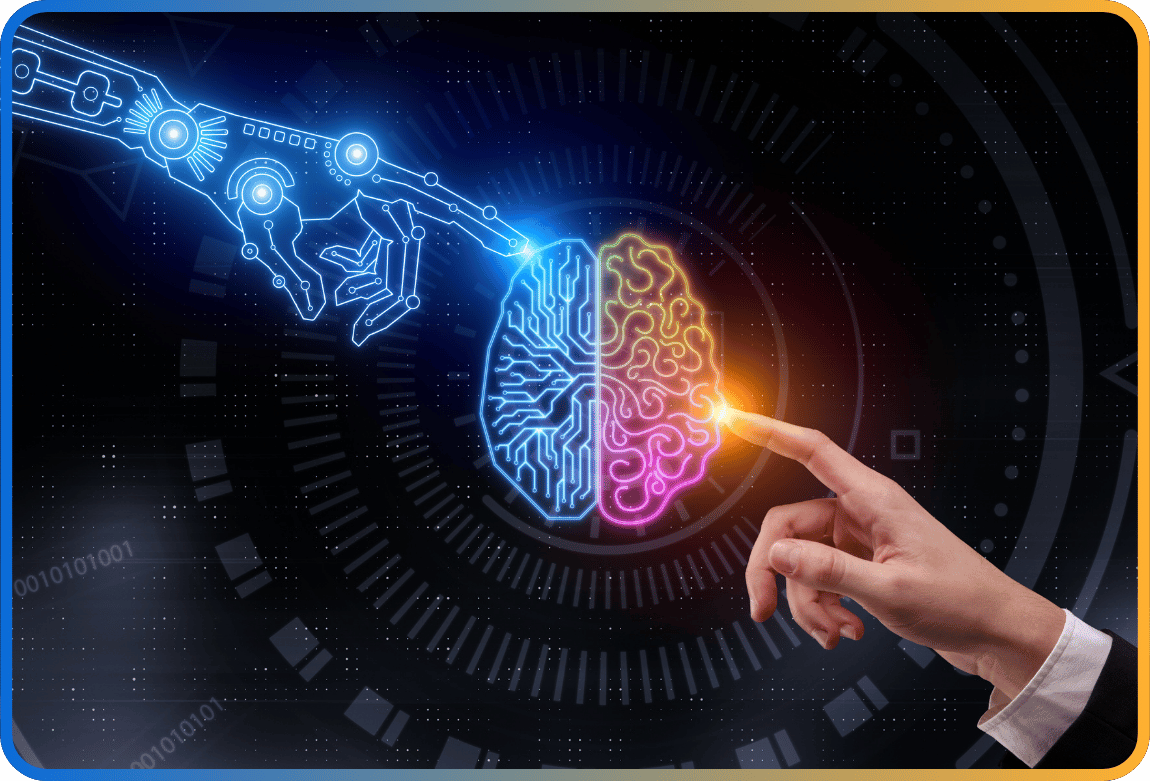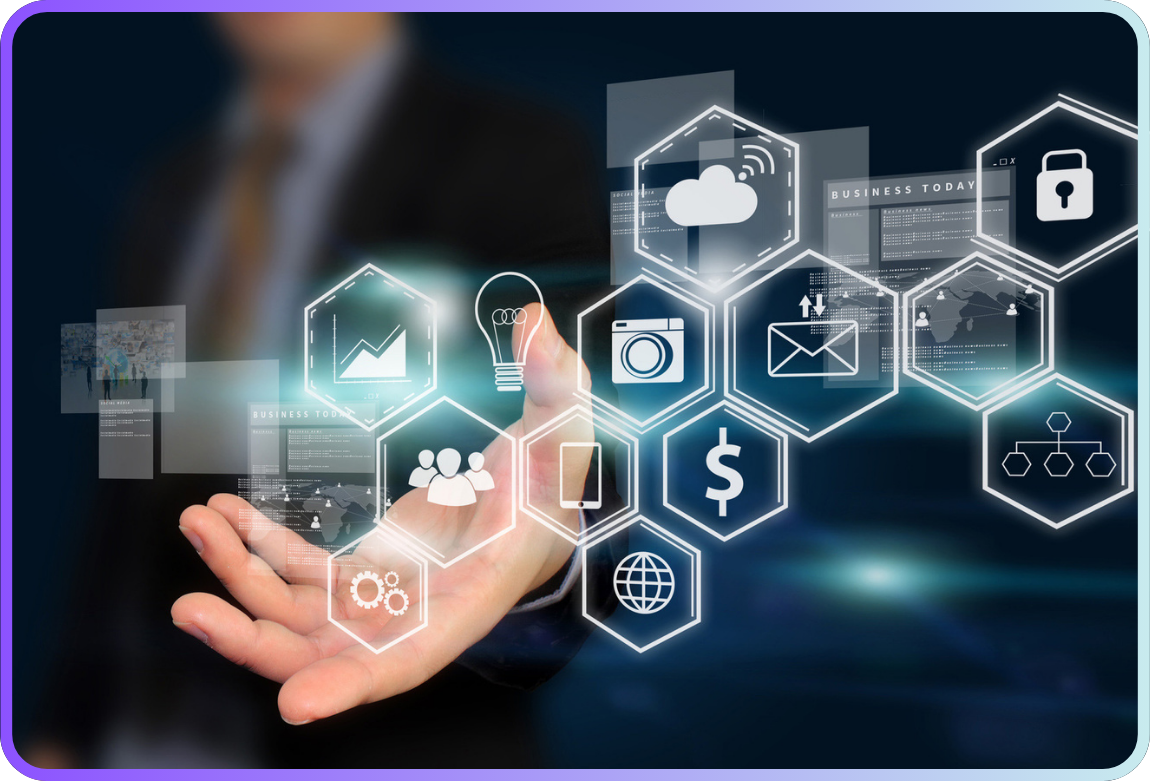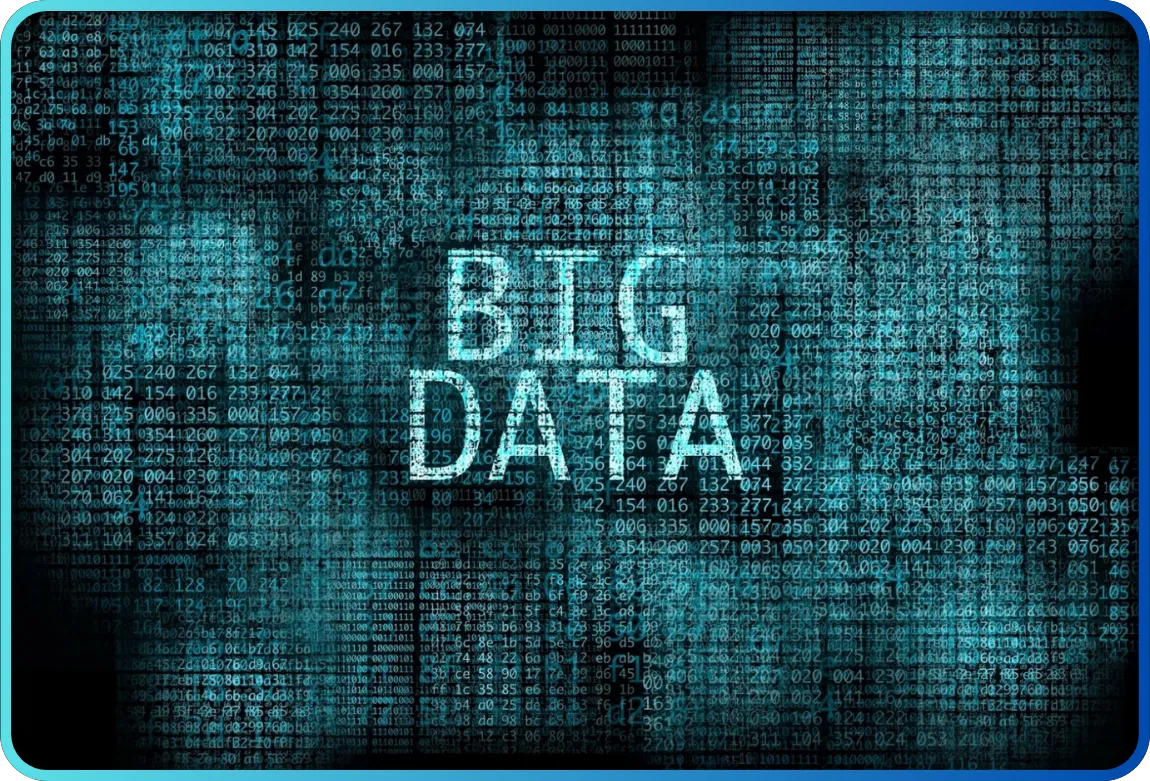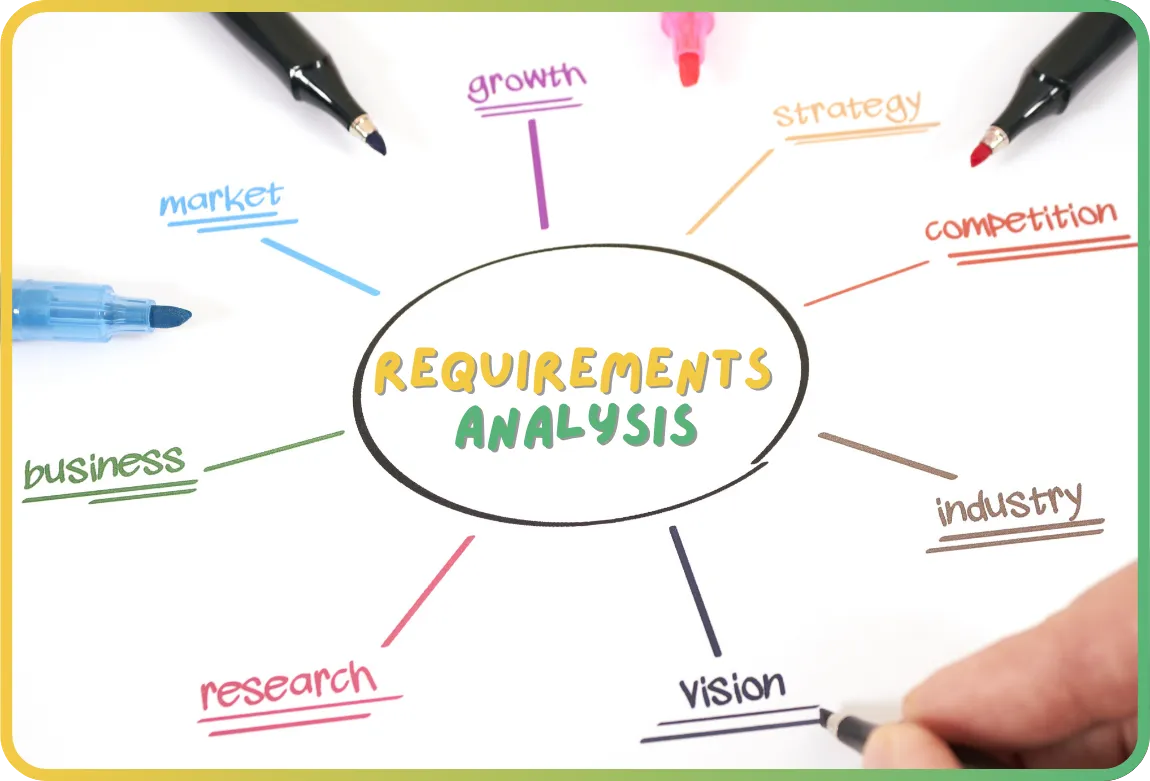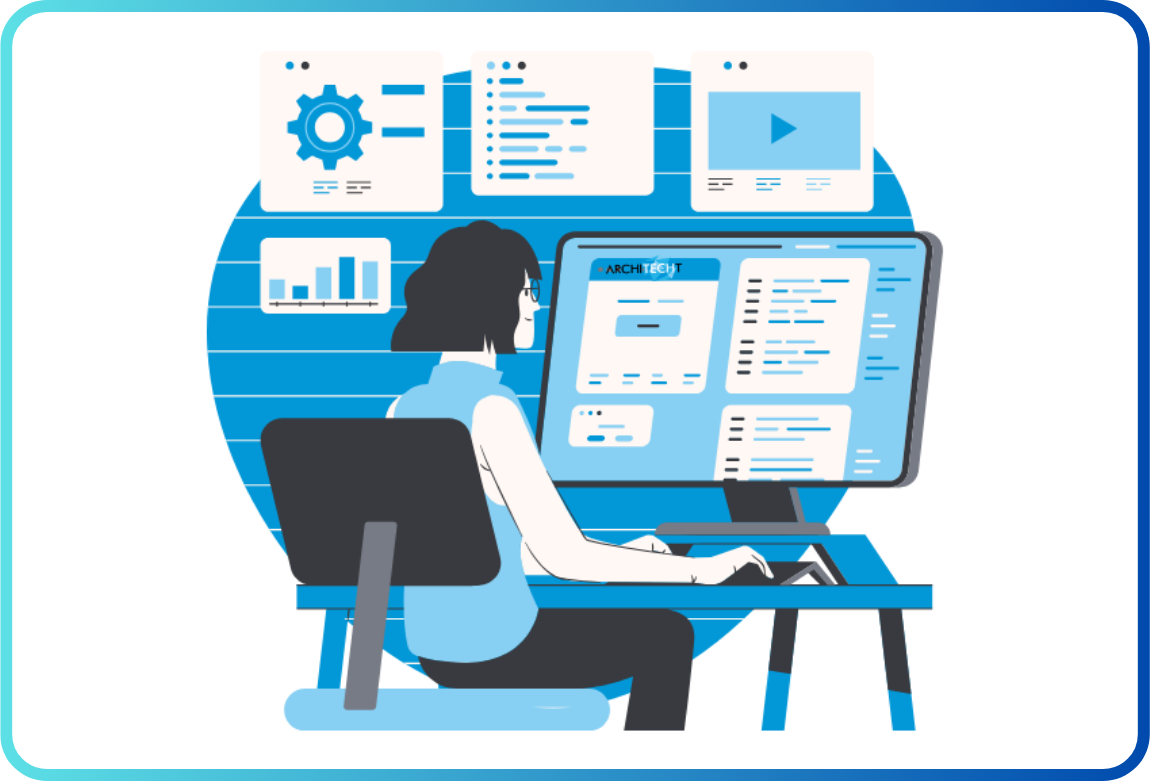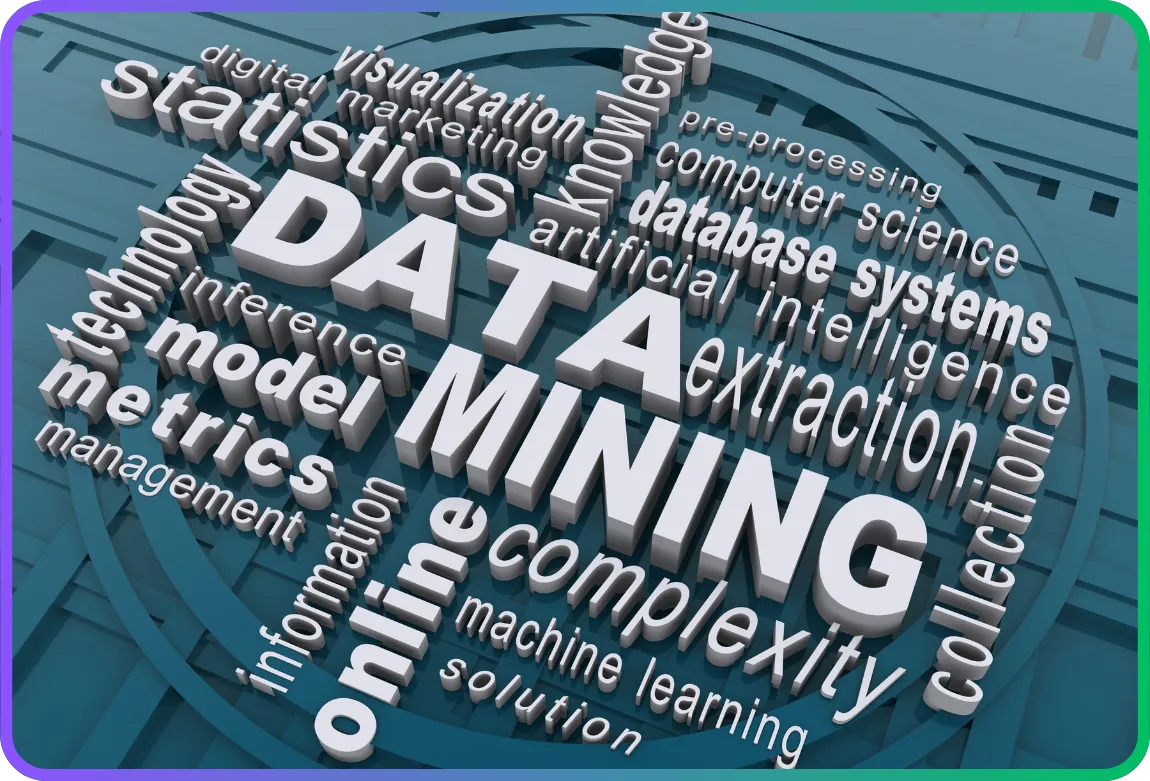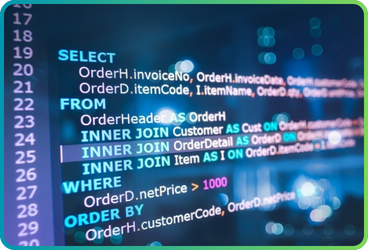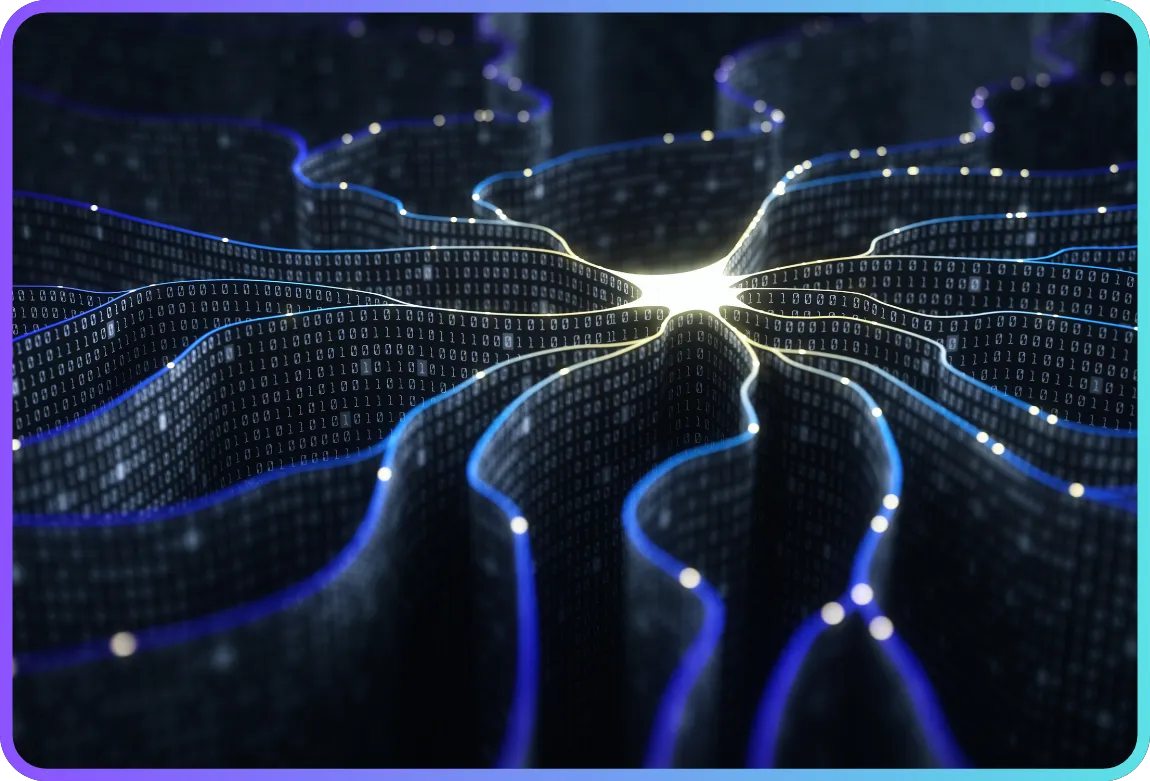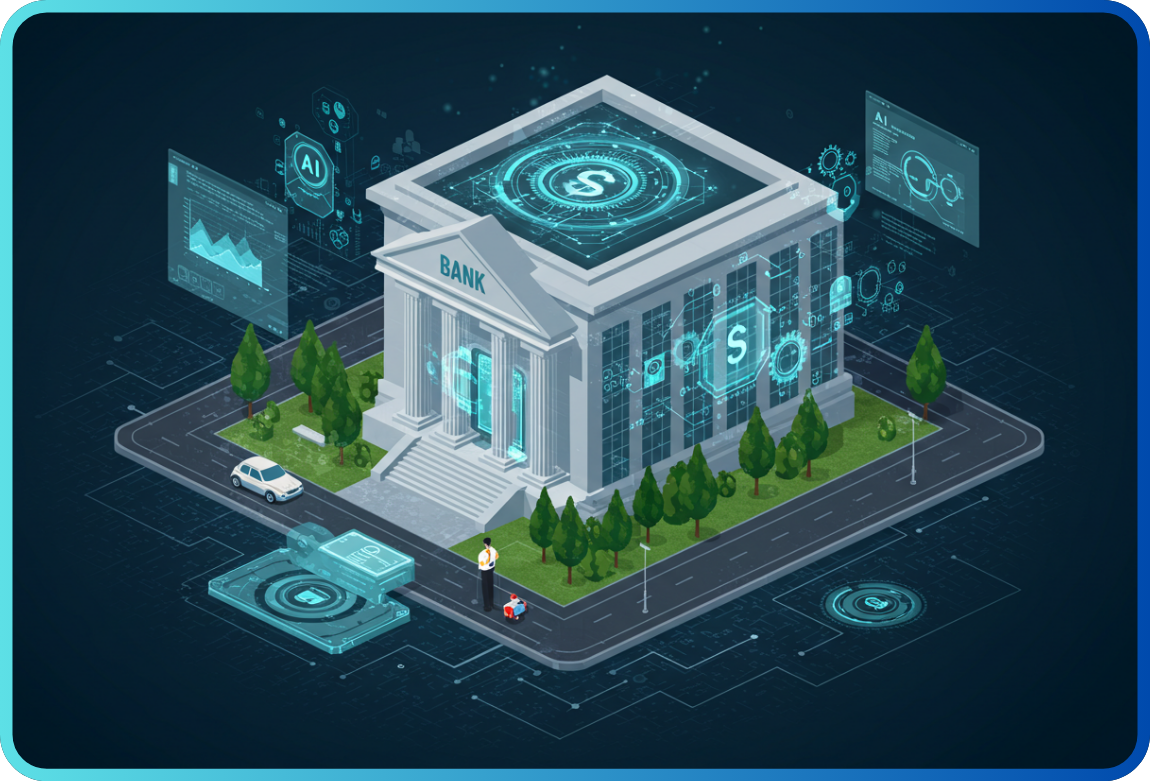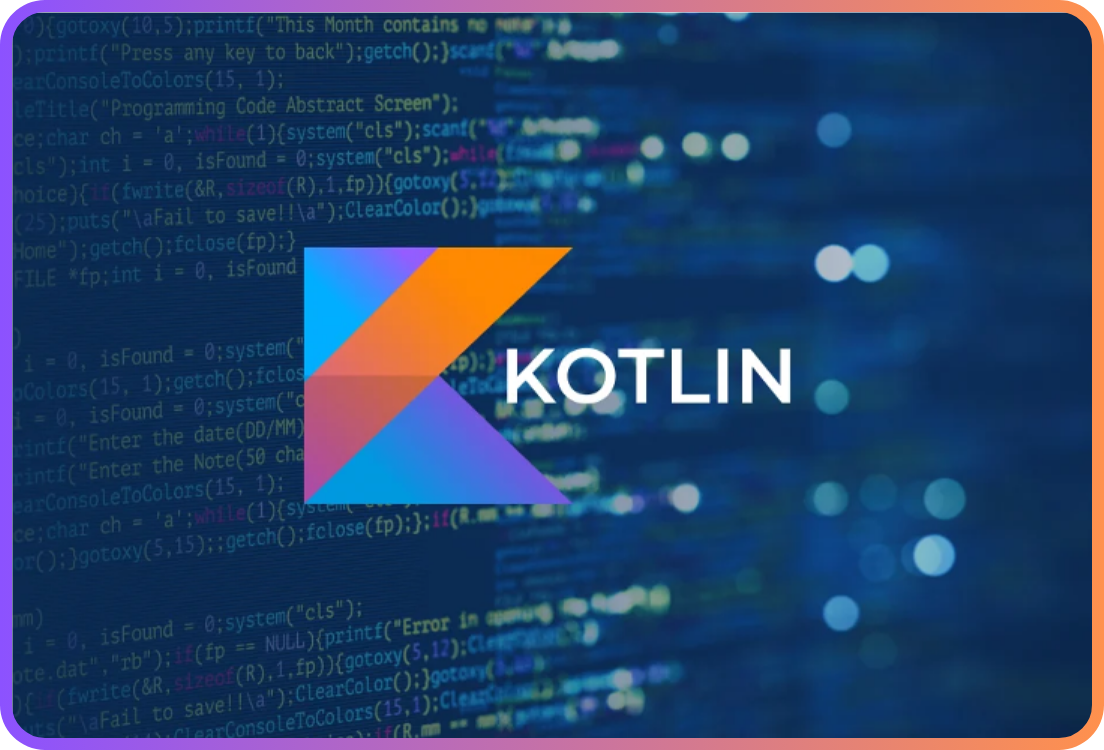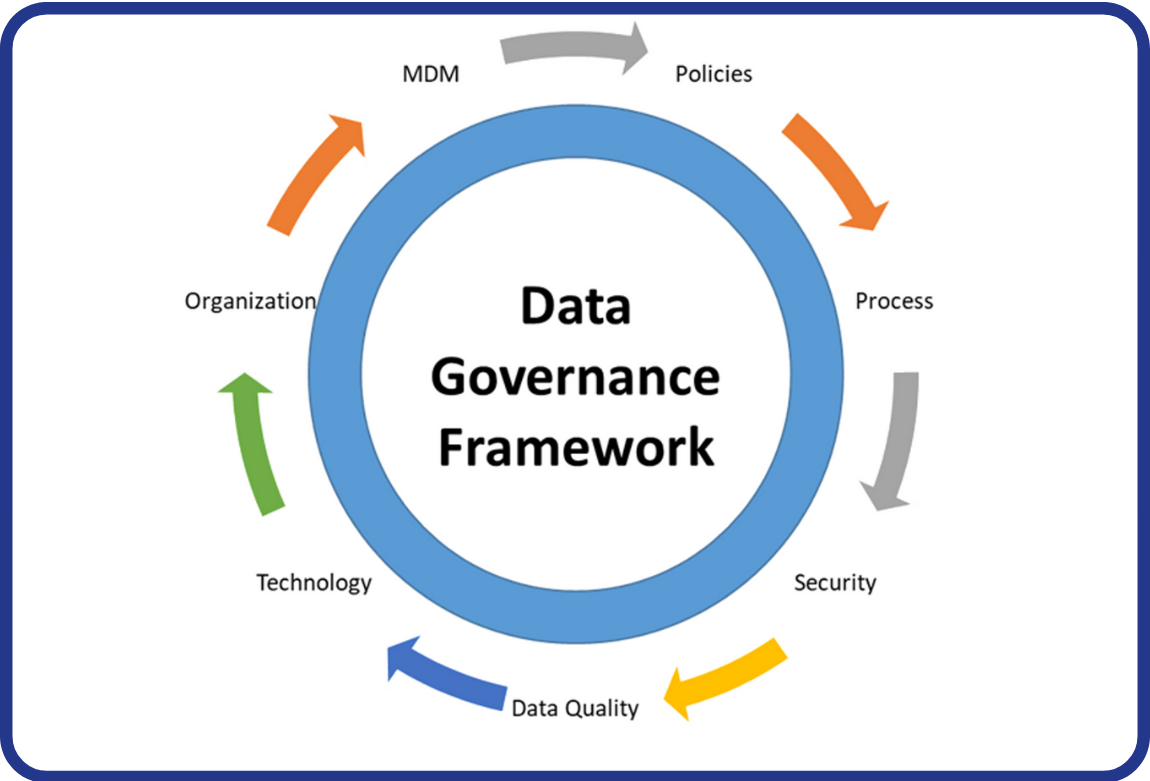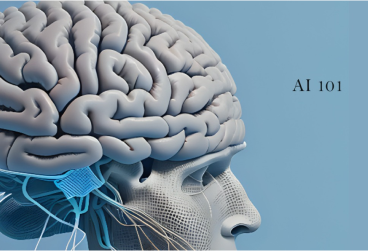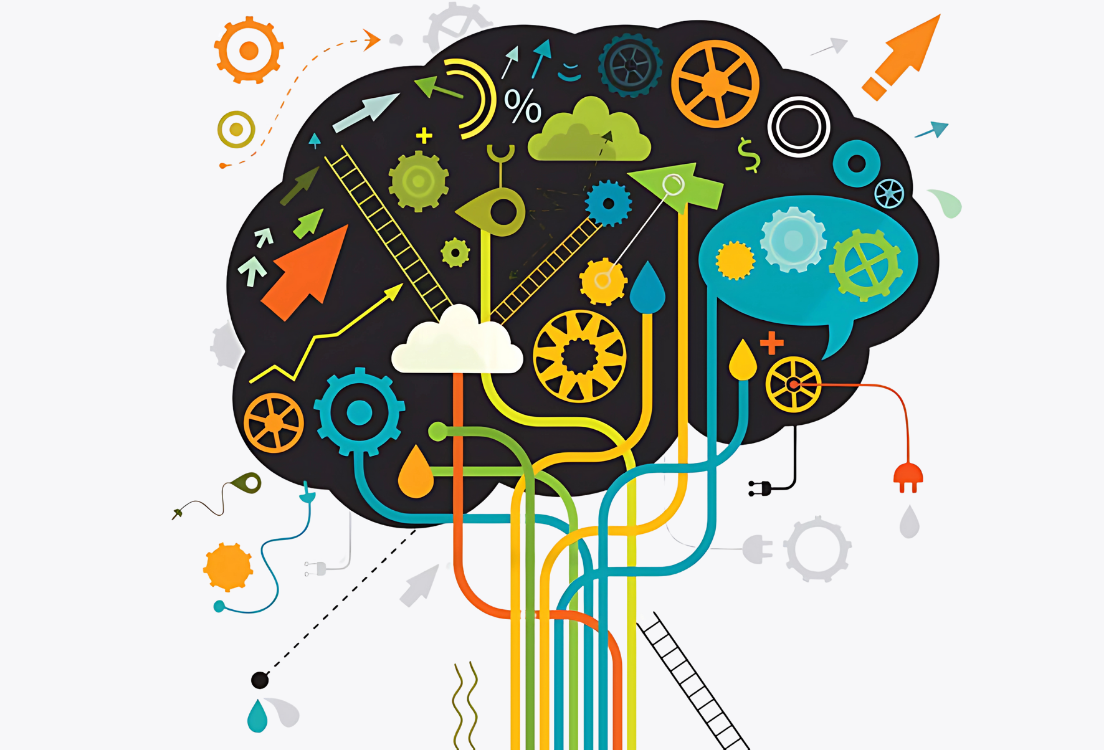
Before coming to the concepts of Analytics, Analysis and Analyst, I think it would be useful to touch upon Benjamin Bloom's "Cognitive Field Steps". According to Bloom, Cognitive Field; It consists of six steps, known as Knowledge, Comprehension, Application, Analysis, Synthesis, and Evaluation and each step is derived from its own six steps. At the same time, each step is a prerequisite for the next step. Just like an analyst completes his analysis by acting in these sequences while doing a job. These steps are also the journey of a person's process of specializing in a situation. First, knowledge is acquired and after this knowledge is grasped thoroughly, it is digested through certain practices. Afterwards, it becomes possible to analyze the acquired information. It is possible to see this sequence in practice as well as in theory. For example, you want to take up a hobby such as hiking and camping. First you start to gain basic knowledge about this job. (What is hiking, what is camping, etc.) Then you read more to understand and reinforce your knowledge. Now you take this information you have grasped one step further and go to a sports store, buy the equipment and set out for your first camp. After all this, you go further and start analyzing and deepening this hobby. You look for ways to make your hobby more productive and useful, and you get more into it. Therefore, we use the concept of analysis at a certain level, even if we are not aware of it. If you are ready, let's get started to examine this concept in more depth, both in theory and practice!
What is Analysis?
The word, derived from the ancient Greek word análysis- ανάλυσις, is used in English to mean "analysis, separation". This much; a subject, situation, substance, etc. You can also think of it as breaking it into small pieces to understand it in depth. Today, we can see that this concept is used in every field by adding it to the end of many words (Psychoanalysis, Data analysis, Risk analysis, Economic Impact Analysis, etc.). Although some of them seem very cool, most of them are used only for parsing data. Although the word originally means separation, this term is inadequate in practice. Analyzing means examining the job from different perspectives depending on the subject, such as learning all aspects of the job, revealing its shortcomings, if any, and identifying situations that need to be improved/changed. Even though it varies depending on the nature of the subject, sometimes even quantity can cause the analysis to gain dimension. For example, data analysis is a branch of analysis that is used to separate information that is very dense in terms of quantity and is very popular today.

How Analytical Do You Think?
Let's talk about Analytics. A question we often encounter in interviews is how much analytical thinking we have. As engineers, we never let our analytics speak ill of us. Let's see how well we know this concept. Derived from the word analytical analysis, it means "analyzing, separating". In other words, analytical thinking can also be considered in this sense. Analytical thinking involves the ability to systematically break down complex problems, analyze data and information, and draw logical conclusions. It requires great attention to detail, critical thinking ability and a strong analysis framework. Therefore; Analytical thinking is a cognitive skill that enables individuals to approach problems logically and systematically. It involves collecting relevant information, evaluating evidence, and drawing conclusions based on facts and evidence. You can also decide how analytically you think when you consider the following questions to evaluate your level of analytical thinking: Can you identify cause-effect relationships? Can you break complex problems into manageable pieces? How deliberative and less emotional are you when faced with problems or new unfamiliar situations? The more positive your answers, the more likely you are to have strong analytical thinking skills.

Becoming an Analyst
After talking about the terms analysis and analytical thinking, we can talk about the person who has both of these concepts: "Analyst". Being an analyst goes beyond having analytical thinking skills. It requires the ability to apply these skills effectively in a professional setting. Analysts are responsible for collecting, organizing, and interpreting data to provide insights and recommendations. They use a variety of tools and techniques, such as statistical analysis, data visualization, and predictive modeling, to uncover patterns and trends. When performing analysis, the main goal of analysts is to uncover patterns and trends in data. In this way, they can provide valuable information to the decision-making processes of businesses or organizations. In the business world, analysts can give companies a competitive advantage by analyzing market trends. In the financial industry, analysts can help make investment decisions by analyzing market data. In the healthcare industry, analysts can help diagnose diseases by analyzing medical records. These examples illustrate the role and impact of analysts in different industries. However, analysts need to have not only analytical skills but also communication skills. Analysts must be able to effectively communicate their findings to stakeholders and present them in an understandable manner. This requires both verbal and written communication skills. Analysts help decision makers make accurate and informed decisions by presenting complex data in an understandable way. It is also important for analysts to have strong communication skills because they need to effectively communicate their findings to stakeholders. Analysts are people who can apply analytical thinking skills in a professional environment and interpret data in a meaningful way.

Artificial Intelligence and Analyzing
Let's start with a question: What do you think makes artificial intelligence “Artificial Intelligence”? Answer: “Ability to analyze”. Yes, it is not about being able to learn, but about being able to analyze. It even reaches the evaluation process by turning analysis into synthesis. The emergence of artificial intelligence (AI) has revolutionized the field of analytics. AI-powered tools and algorithms process large amounts of data at incredible speeds, allowing analysts to uncover previously unimaginable insights. Machine learning algorithms can identify patterns and make predictions based on historical data, thus improving the accuracy and efficiency of analysis. Moreover, AI automates repetitive tasks, allowing analysts to focus on higher-level thinking and strategic decision-making. The integration of AI and analytics has far-reaching implications across industries. In finance, AI-powered trading algorithms can analyze market trends and make investment decisions in real time. In healthcare, AI can analyze medical records and help diagnose diseases. Even the value of inventory that is not supported by artificial intelligence in defense systems has become a matter of debate. Countries have turned to technologies that can use artificial intelligence in their systems. In marketing, AI can analyze consumer behavior and personalize advertising campaigns. Besides all this, artificial intelligence can also be used to analyze analytics. It can comment on missing or incorrect parts of an analysis and open the horizon for analysts to improve it. It provides us with solutions that eliminate the possibility that an analysis that cannot be completed for years may be due to a small error. The possibilities are endless, and the synergy between AI and analytics is reshaping our approach to problem solving and decision-making

Ultimately, analytical thinking is a valuable skill that empowers individuals to navigate the complexities of the modern world. By understanding the concept of analysis and improving our analytical thinking skills, we can become more effective problem solvers and decision makers. Moreover, the rise of artificial intelligence offers exciting opportunities for analysts to leverage advanced technologies and unlock new insights. As we embrace the power of analytical thinking and the potential of artificial intelligence, I think we are poised to make significant advances in innovation, efficiency and problem solving in a variety of areas.
References
- https://tr.wikipedia.org/wiki/Analiz : 08.04.2024
- https://sozluk.gov.tr/ : 08.04.2024
- https://www.nisanyansozluk.com/ : 08.04.2024
- https://dergipark.org.tr/en/download/article-file/2551948 : 08.04.2024
- https://www.youtube.com/@bebarbilim : 08.04.2024
Image-1: https://nchems.org/higher-education-analysis/ :08.04.2024
Image-2: https://enkhtuul092811.medium.com/what-are-analytical-thinking-and-innovation-skills-how-to-improve-690c3371b909 : 08.04.2024
Image-3: https://www.growth-hackers.net/analytical-thinking-vs-critical-thinking-guide/ : 08.04.2024
Imagel-4: https://www.quora.com/What-was-the-computing-capacity-of-Alan-Turings-machine-called-Bombe-that-deciphered-the-Enigma : 08.04.2024


 Back
Back


